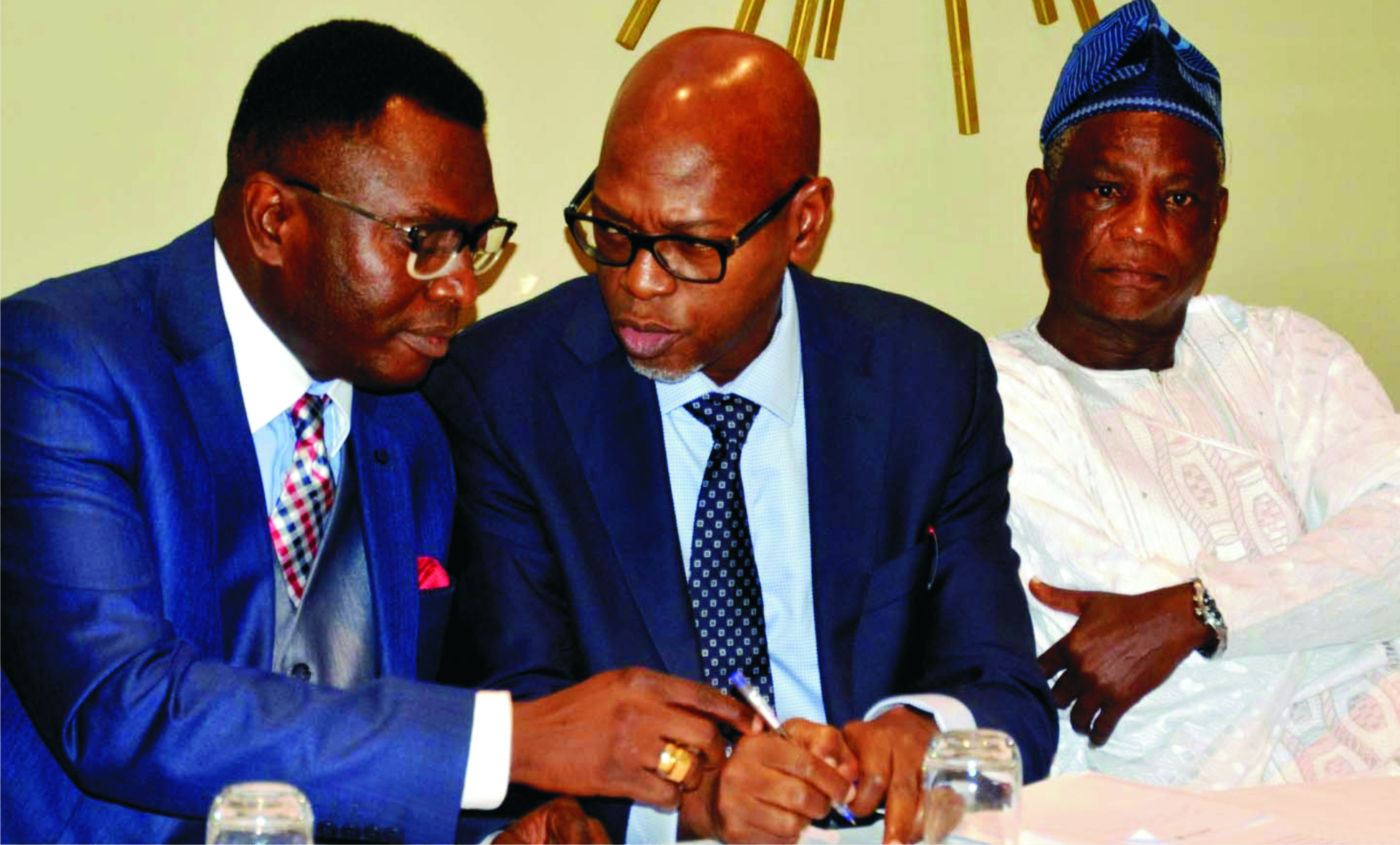Business
NASS Accuses PenCom Of N12.3bn Illegal Spending

The National Assembly has criticised the alleged unapproved utilisation of over N12.283 billion of the Internally Generated Revenue of the National Pension Commission.
The joint Senate and House of Representatives Committees on Pensions expressed concerns when PenCom appeared before them in Abuja on Monday to defend its 2020 budget proposal.
The Chairmen of the committees, Senator Ibrahim Shekarau and Hon. Ibrahim Rurum, as well as members, including Senator Ali Ndume, Hon. Nicholas Ossai, Hon. Bamidele Salam and Senator Ubok Anang, took turns to criticise the alleged refusal by the commission to submit its IGR to the National Assembly for appropriation.
The lawmakers faulted the claim by the Director-General of PenCom, Aisha Dahir-Umar, that the Secretary to the Government of the Federation approved the proposal on the utilisation of the revenue accrued to the commission, stating that it was contrary to Section 21 of the Fiscal Responsibility Act, 2007, and Section 80(4) of the 1999 Constitution (as amended).
Dahiru-Umar had told the lawmakers that the commission recorded a total sum of N4.077 billion as operating surplus that could not be utilised due to the non-constitution of the supervising board.
The PenCom boss maintained that the National Assembly only had the powers to appropriate the sum of N33,307,782.32 released in 2019 to the commission as subvention, while the IGR was to be approved by the office of the secretary to the Government of the Federation.
The panel, therefore, demanded details of the 386 staff members who collected about N9 billion salaries, estimated at an average of N2 million monthly per staff member.
According to the documents presented to the committees, a total sum of N12.283bn was realised by PenCom between January and August 2019, out of which N8.264bn had so far been expended on personnel cost, overheads cost and capital expenditure within the period under review.
However, the commission had a revenue target of N16.676bn by the end of 2019 from registration fees and penalties, while its expenditure for 2019 was also expected to hit N15.370n by December 31.
A breakdown of the expenditure showed that about of N5.917 billion had been spent on personnel cost against the budget sum of N11.066bn; N2.288bn on overhead cost, against N5.916 billion budgeted and N58.89m spent so far on capital, against N1.984bn budgeted for 2019.
PenCom said, “It is projected that the commission would generate a total of N19.64bn in year 2020, mainly from regulatory fees and other income.”
Business
Fidelity Bank To Empower Women With Sustainable Entrepreneurship Skills, HAP2.0
Business
President Tinubu Approves Extension Ban On Raw Shea Nut Export
Business
Crisis Response: EU-project Delivers New Vet. Clinic To Katsina Govt.
-

 News3 days ago
News3 days agoAmend Constitution To Accommodate State Police, Tinubu Tells Senators
-

 Politics3 days ago
Politics3 days agoSenate Urges Tinubu To Sack CAC Boss
-

 News3 days ago
News3 days agoDisu Takes Over As New IGP …Declares Total War On Corruption, Impunity
-
Business3 days ago
President Tinubu Extends Raw Shea Nuts Export Ban To 2027
-
Business3 days ago
Crisis Response: EU-project Delivers New Vet. Clinic To Katsina Govt.
-
Business3 days ago
President Tinubu Approves Extension Ban On Raw Shea Nut Export
-
Sports3 days ago
NDG: Rivers Coach Appeal To NDDC In Talent Discovery
-
Rivers3 days ago
Etche Clan Urges Govt On Chieftaincy Recognition

